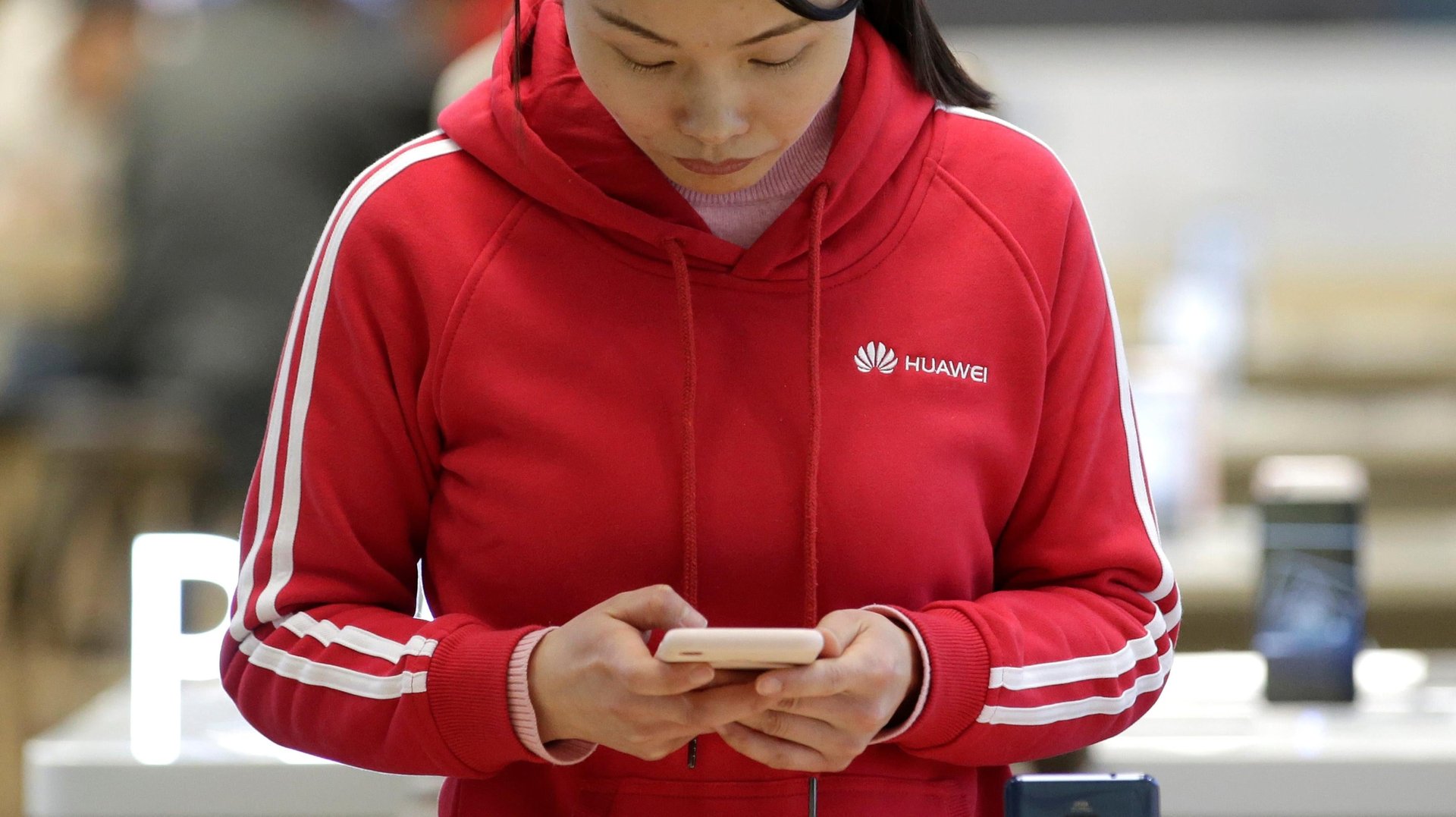China's biggest smartphone maker is prioritizing AI instead
Huawei is ramping up production of AI chips as Chinese companies focus on using domestic suppliers

Huawei, one of the biggest phone makers in the world, is reportedly prioritizing manufacturing AI chips, and slowing down production for the chips needed to power the latest Mate 60 phones, people familiar with the matter told Reuters.
Suggested Reading
The company uses one manufacturing plant to produce both its Ascend AI chips and the Kirin chips, Reuters reported, and the facility has had low production. Quartz reached out for comment.
Related Content
Following the US’s latest AI chip restrictions to China in October 2023, Chinese AI companies have been having a hard time sourcing the necessary chip components for their own AI products. US-based Nvidia made up 90% of the AI Chinese chip sales market, according to Reuters. So Chinese companies are looking for domestic chip alternatives to power their own generative AI products, and the Ascend 910B is considered the most competitive non-Nvidia AI chip available in China.
China is also in a global race for AI dominance. Since the release of ChatGPT in November 2022, Chinese tech giants like Baidu have scrambled to make AI chatbots that rival US counterparts.
What does that mean for Huawei’s phones?
It’s not clear what the production changes mean for the company’s smartphone business. In the first two weeks of the year, Huawei topped China’s smartphone sales, according to a report by research firm Counterpoint, as cited by South China Morning Post. The resurgence was reportedly driven by the release of its Mate 60 Pro 5G smartphone.
Shoppers have complained of months-long waiting times for pre-orders of Mate 60 phones to be fulfilled.
